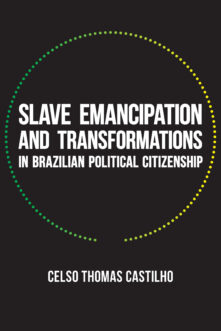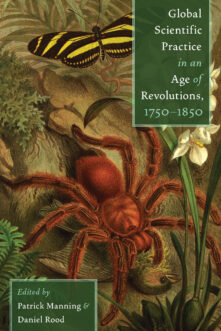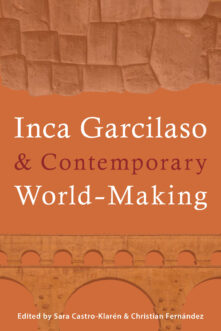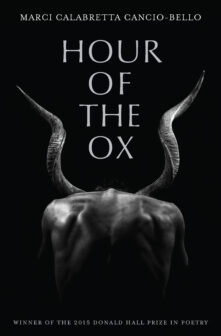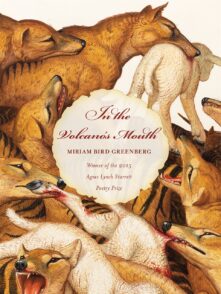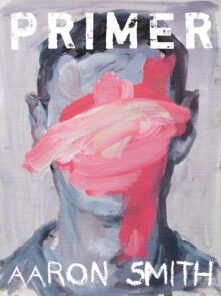Books
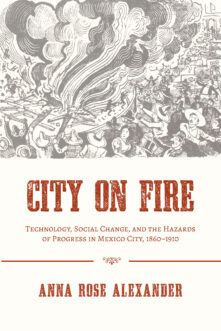
City on Fire
Technology, Social Change, and the Hazards of Progress in Mexico City, 1860-1910
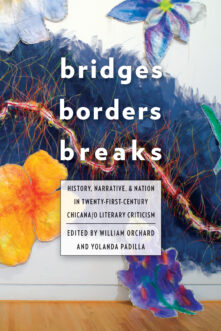
Bridges, Borders, and Breaks
History, Narrative, and Nation in Twenty-First-Century Chicana/o Literary Criticism
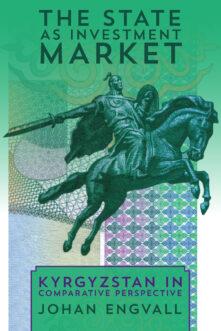
The State as Investment Market
Kyrgyzstan in Comparative Perspective
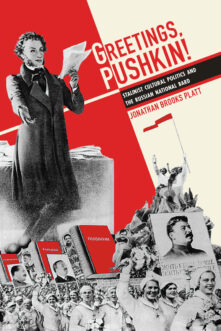
Greetings, Pushkin!
Stalinist Cultural Politics and the Russian National Bard
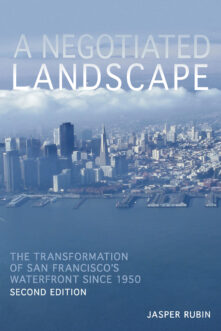
A Negotiated Landscape
The Transformation of San Francisco's Waterfront since 1950
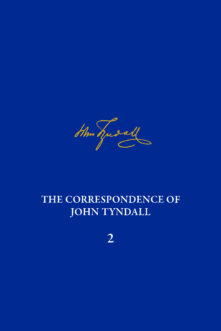
The Correspondence of John Tyndall, Volume 2
The Correspondence, September 1843–December 1849
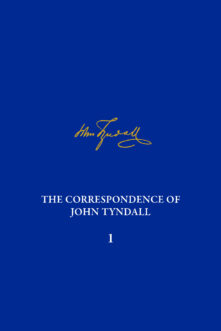
The Correspondence of John Tyndall, Volume 1
The Correspondence, May 1840–August 1843
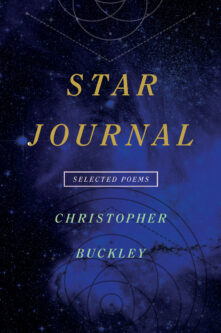
Star Journal
Selected Poems
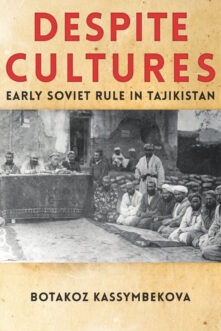
Despite Cultures
Early Soviet Rule in Tajikistan
Total 1559 results found.


